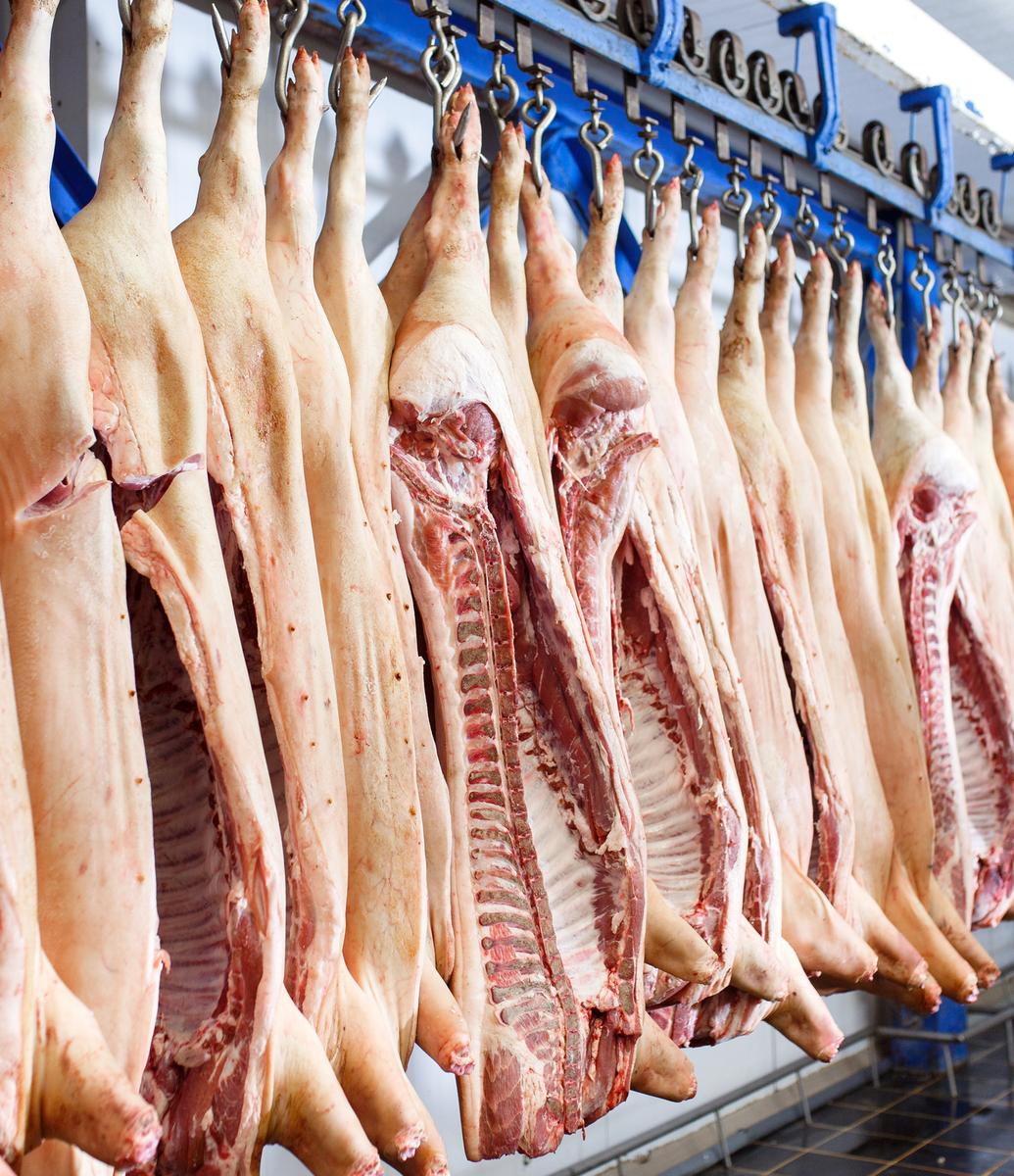How to implement a new system without disturbing production?
When Spanish Esfosa needed to upgrade their chilling facilities they found the necessary design and supervision competencies in Denmark. A solid system design was key, but so was the design of the process itself.
The importance of the chilling process at the abattoir cannot be overrated. The final meat quality reflects vital steps like the chilling of carcasses. When upgrading the chilling facilities at existing slaughterhouses, the possibilities are determined by existing building design as well as the desired slaughter capacity.
So, designing the right system is crucial – but so is the design of the implementation process itself. There is no easy way to converting and upgrading your slaughter facility without stalling or otherwise impacting negatively on the existing production.
Getting the process right
This was, however, the task given to Danish Meat Research Institute (DMRI) by Spanish pork processor, Esfosa. Detailed specifications for the chilling process, influencing meat quality and chill loss levels positively, was essential for the success of this complicated project.
The scope included complete documentation of all parameters relevant to ensure low chill loss and high meat quality in the chilling process from the new Quick Chill Tunnel to the final chilled carcasses. Further, DMRI provided specification for the chilling areas, including extensive guidelines for correct construction of the insulated structure and, not least, supervised the installation and the final commissioning.
Esfosa now keeps chill loss to a minimum and has increased the production capacity
Minimum loss, maximum capacity
Esfosa now keeps chill loss to a minimum and has increased the production capacity. The successful implementation of a new Quick Chill Tunnel and the assisting cooling area was conducted while ensuring that production could continue undisturbed throughout the project. DMRI also provided support on demand throughout the construction period.


